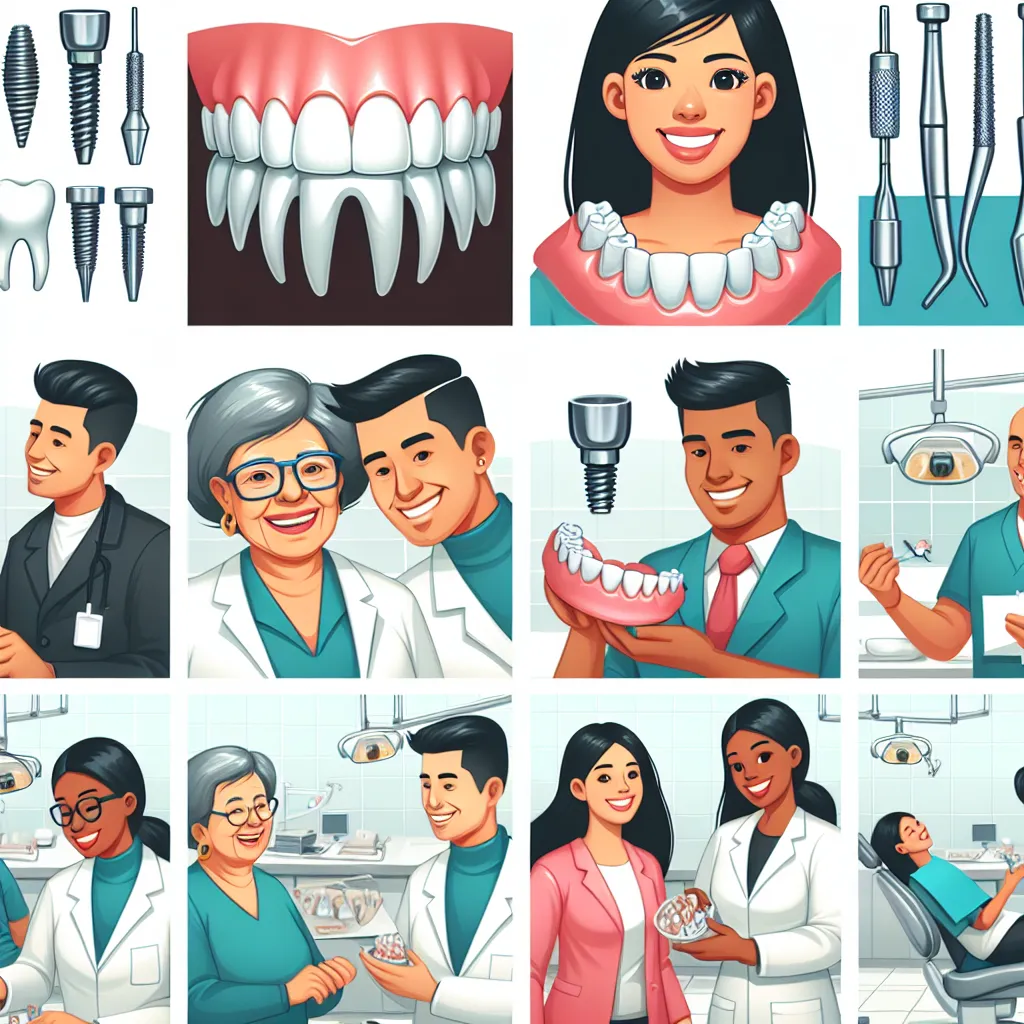Explore how affordable dental implants can restore your smile, improve confidence, and save you money with long-lasting, natural-looking results....
Learn everything about dental implants in my area—costs, options, benefits, and how to find the right provider for your smile transformation....
Explore how dentures & dental implants can restore your smile, improve confidence, and enhance oral health with long-lasting solutions....
Discover the pros, cons, and differences between dental implants and dentures to find the perfect teeth replacement option for you....
Discover how dental implants for seniors can restore chewing, boost confidence, and preserve bone health—an ideal long-term tooth replacement solution....





